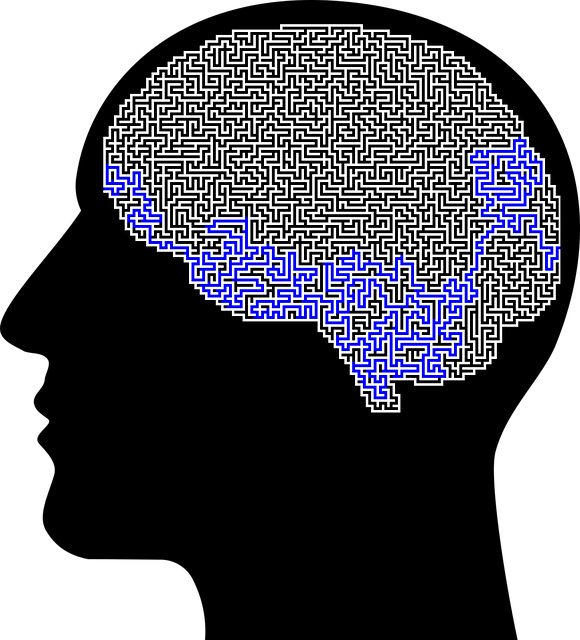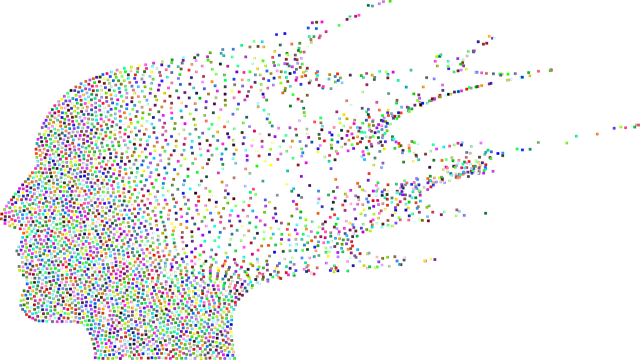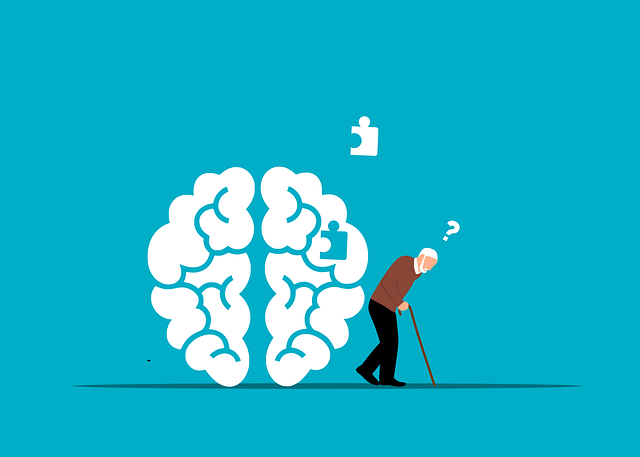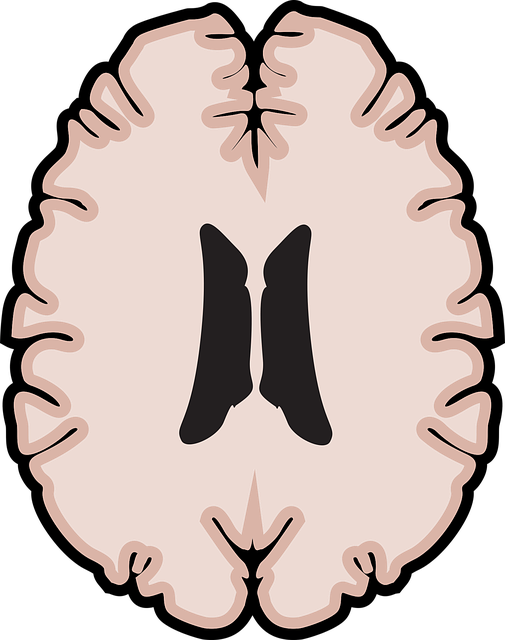Castle Rock Terminal Illness Therapy introduces a holistic approach to mental wellness through self-assessment tools that go beyond symptom identification. By encouraging introspection, these assessments help individuals develop coping strategies and resilience. They also reduce stigma by promoting open conversations about mental health. In a fast-paced world, personalized support focusing on inner strength development is crucial, especially for complex conditions like terminal illness. The therapy's unique blend of therapeutic techniques and digital platforms offers effective solutions, enhancing well-being and empowering users to take control of their mental health journeys.
Mental wellness self-assessment tools have evolved from simple questionnaires to complex, personalized resources. This comprehensive overview explores the significance of these tools in modern therapy, focusing on innovative practices like Castle Rock Terminal Illness Therapy. We delve into developing effective assessments, integrating technology with human expertise, and tailoring solutions for optimal mental health support. Understanding these advancements is crucial for navigating today’s complex therapeutic landscape.
- Understanding Mental Wellness Self-Assessment: A Comprehensive Overview
- The Need for Personalized Tools in Modern Therapy
- Castle Rock Terminal Illness Therapy: A Unique Approach
- Developing Effective Assessment Tools: Key Considerations
- Integrating Technology and Human Expertise for Optimal Results
Understanding Mental Wellness Self-Assessment: A Comprehensive Overview

Understanding Mental Wellness Self-Assessment is a crucial step in prioritizing and maintaining one’s mental health, much like Castle Rock Terminal Illness Therapy provides critical care for physical conditions. These tools serve as a means to evaluate an individual’s emotional well-being, identify potential issues, and track changes over time. A comprehensive self-assessment involves examining various aspects of mental wellness, including mood, anxiety levels, stress management, social connections, and coping mechanisms.
It goes beyond merely identifying symptoms by encouraging individuals to reflect on their daily experiences, Self-Care Routine Development for Better Mental Health, and overall life satisfaction. By incorporating Stress Management Workshops Organization techniques into self-assessment practices, people can learn effective strategies to navigate challenges and promote resilience. Moreover, regularly engaging in such assessments contributes to Mental Illness Stigma Reduction Efforts by fostering open conversations about mental health and encouraging help-seeking behaviors.
The Need for Personalized Tools in Modern Therapy

In today’s fast-paced world, where mental health challenges are increasingly common, personalized therapy tools are more crucial than ever. Traditional approaches often fail to cater to the unique needs and complexities of individual lives, leading many to seek alternative solutions. This is especially true for those navigating serious conditions like Castle Rock terminal illness therapy, which demands tailored support.
The demand for effective self-assessment tools underscores the need for a shift in therapeutic practices. Tools that focus on inner strength development and stress management workshops organization can empower individuals to take control of their mental wellness. Crisis intervention guidance, accessible through personalized assessments, plays a vital role in early detection and prevention, ensuring folks receive the support they need promptly.
Castle Rock Terminal Illness Therapy: A Unique Approach

Castle Rock Terminal Illness Therapy offers a unique approach to mental wellness self-assessment, focusing on holistic healing and personal growth. This therapy recognizes that facing terminal illnesses can be emotionally taxing, going beyond mere survival and aiming for a higher quality of life. By integrating various therapeutic techniques, it empowers individuals to navigate their journey with resilience and hope. The program is meticulously designed to address not only the physical aspects but also the profound psychological and emotional impacts associated with serious health conditions.
The key strength lies in its comprehensive mental health education programs that teach valuable coping mechanisms and promote positive thinking. Through these educational initiatives, participants gain insights into managing stress, cultivating emotional healing processes, and fostering a sense of control over their lives. This holistic approach ensures that individuals not only survive but thrive during challenging times, ultimately enhancing their overall well-being.
Developing Effective Assessment Tools: Key Considerations

Developing effective mental wellness self-assessment tools is a multifaceted process that requires careful consideration to accurately gauge an individual’s psychological state. These tools play a pivotal role in early intervention, particularly for conditions like Castle Rock Terminal Illness Therapy, where timely detection can significantly impact outcomes. When crafting these assessments, it’s crucial to balance sensitivity and specificity, ensuring they are valid measures without leading to false positives or negatives.
Integrating aspects of burnout prevention, risk management planning for mental health professionals, and healthcare provider cultural competency training can enhance the effectiveness and accuracy of self-assessment tools. These considerations foster a comprehensive understanding of an individual’s mental wellness, enabling more personalized and effective interventions. For instance, culturally sensitive assessments cater to diverse populations, while incorporating burnout prevention strategies helps identify individuals at risk before symptoms escalate.
Integrating Technology and Human Expertise for Optimal Results

In the realm of mental wellness self-assessment tools development, integrating technology with human expertise stands as a game-changer. Advanced digital platforms can now offer personalized and interactive experiences that facilitate emotional well-being promotion techniques. These tools are designed to adapt to individual needs, providing tailored interventions that enhance communication strategies and foster meaningful connections between users and their mental health support systems.
For instance, Castle Rock Terminal Illness Therapy has leveraged technology to create comprehensive assessment tools that combine artificial intelligence with the expertise of licensed therapists. Such innovations not only ensure accurate evaluations but also enable confidentially managed, accessible services. By combining these approaches, mental wellness programs can offer more effective solutions, boosting users’ confidence and overall well-being.
In the realm of mental wellness, personalized self-assessment tools play a pivotal role in modern therapy. By integrating innovative approaches like Castle Rock Terminal Illness Therapy, which offers unique perspectives on personal growth, we can enhance the effectiveness of assessment methods. Balancing technological advancements with human expertise ensures tailored interventions that cater to individual needs. Moving forward, developers and therapists must collaborate closely, considering diverse factors for creating robust tools that accurately gauge mental wellness, ultimately fostering better outcomes in treatment journeys.









